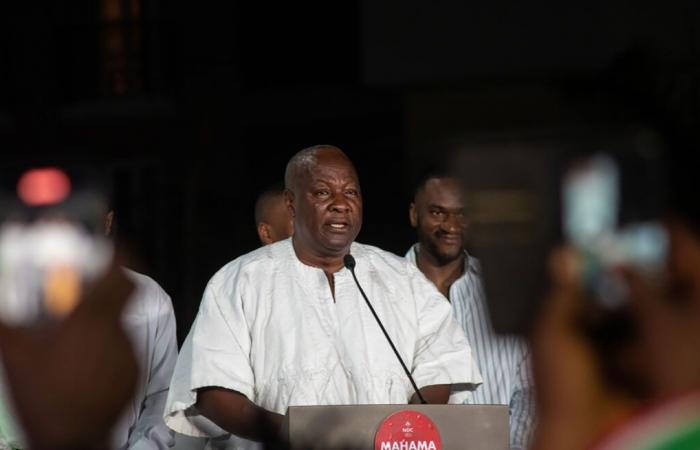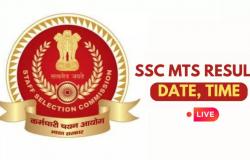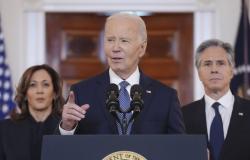Civil society groups are pushing political leaders in Ghana to commit to more transparency in an effort to tackle illegal, unreported, and unregulated (IUU) fishing, especially by unauthorized foreign fishing vessels operating in Ghanaian waters.
The Coalition for Fisheries Transparency (CFT), which is composed of several global civil society organizations, said Ghana has done little to make fishing information public, which has opened opportunities for illicit fishing operations to proliferate. This, according to CFT, has posed a risk to the livelihoods of at least 3 million people who rely on small-scale fishery operations across the country.
In response to the issue, CFT has launched a pledge and urged political candidates of all parties in Ghana to commit toward implementing the comprehensive transparency principles outlined in CFT’s Global Charter for Fisheries Transparency.
“Our research has clearly shown how illegal fishing and overfishing is a direct threat to human rights, coastal livelihoods, and sustainable fisheries in Ghana,” said Steve Trent, the CEO and founder of the Environmental Justice Foundation (EJF), which is a member group of the CFT. “Despite having some of the richest fishing grounds in the world, the country is in the perverse situation of being forced to import large amounts of seafood to meet domestic demand.”
Besides the country’s fishers missing out on opportunities, the country is also missing out on funds it could collect from enforcing penalties on IUU fishing, according to Trent.
“Ghana is waving away funds that it could and should accrue by leveraging the deterrent sanctions mandated under its own laws, failing to enforce penalties against foreign vessels that have been caught fishing illegally,” he said.
However, without codified transparency, it makes it difficult to even know which vessels, companies, and countries are committing infractions, Trent said…






